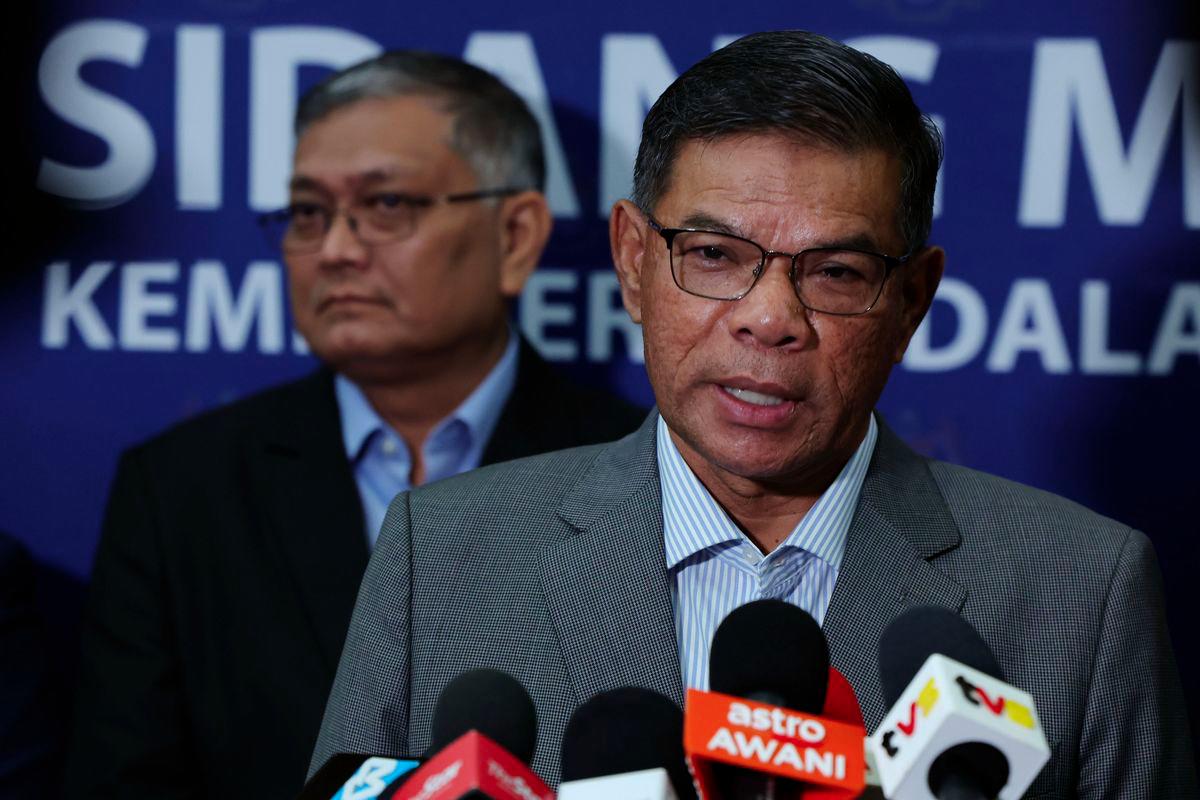PETALING JAYA: The implementation of the National Integrated Immigration System (NIISe), designed to overhaul Malaysia’s border control infrastructure using the latest technology, is currently under active development and is expected to be operational in stages starting March 2026.
Home Minister Datuk Seri Saifuddin Nasution Ismail said the new system will incorporate artificial intelligence (AI) capabilities to boost national security and improve the efficiency of monitoring and verifying individuals at the country’s entry points.
“The Ministry of Home Affairs (KDN) prioritises strengthening border control and safeguarding national sovereignty through modern, integrated technology,” he said in a written parliamentary reply to Ketereh MP Datuk Khlir Mohd Nor, yesterday.
Saifuddin said that while QR code and biometric checks are already in place and involve elements of AI, the NIISe system will significantly expand the scope and intelligence of border surveillance.
Among the core AI components of NIISe is a holistic multi-modal biometric recognition system known as the Automated Biometric Identification System (ABIS), which merges facial, fingerprint, and iris recognition to enhance identity verification for travellers.
Also being developed is a Risk Assessment Engine (RAE) combined with Big Data Analytics (BDA), which will allow immigration officers to perform in-depth threat analyses — such as detecting forged documents or identifying potential criminal or immigration risks.
He added that other AI tools include predictive analytics to flag suspicious travel patterns or repeat entries by high-risk individuals, as well as an AI chatbot designed to assist both Immigration Department officers and the public with system-related support.
“KDN wishes to stress that we will not compromise on national security and border control.“Every new technology deployed is to ensure only legitimate and low-risk individuals are allowed entry into Malaysia,” he said.
The NIISe project forms part of the government’s broader push to digitise public service delivery, with immigration reform seen as a critical pillar in enhancing national resilience against transborder threats.









